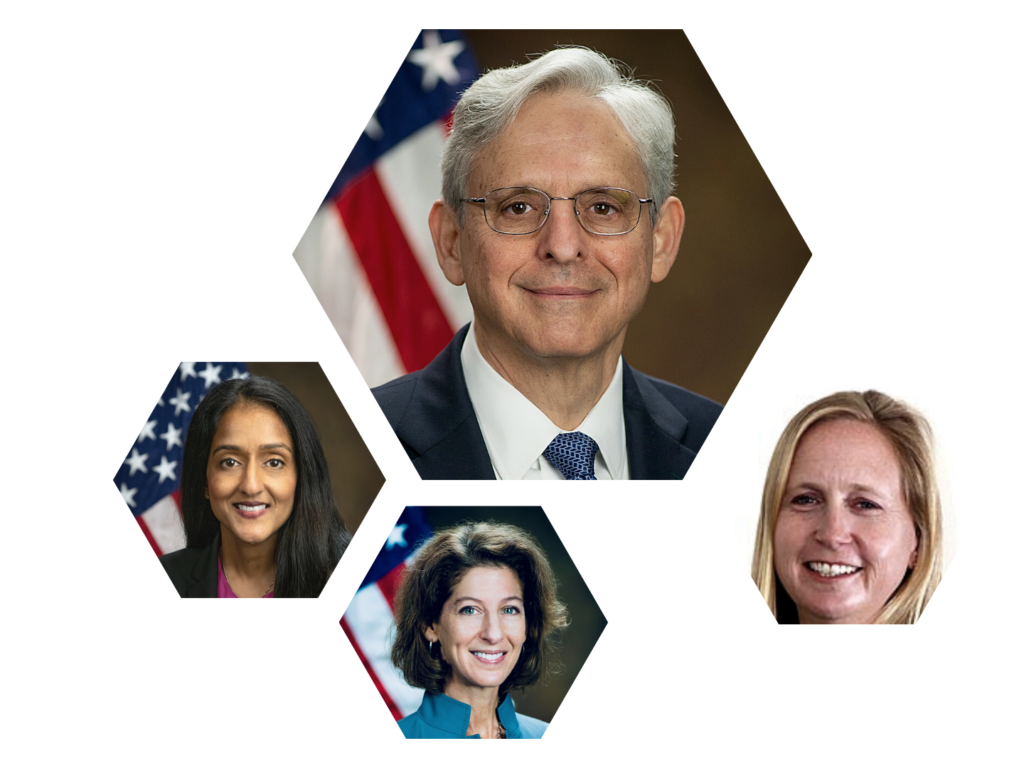Communities across the U.S. are launching new responses to emergency calls. They are redefining who answers calls for service involving mental health or substance use crises, homelessness, “quality-of-life” issues, and other low-level situations.
Taking the Call will bring people together from across the U.S. to delve into how jurisdictions are serving as laboratories for innovation to ensure that emergency calls receive the appropriate response. The virtual conference will explore how communities are working to build more comprehensive crisis systems including the opportunities and challenges of emerging community responder models* and whether or how the approach may improve community health, lessen the burden on law enforcement, and reduce unnecessary justice system contact.
The conference is presented by the U.S. Department of Justice’s Bureau of Justice Assistance and Office of Justice Programs, The Council of State Governments Justice Center, and the University of Cincinnati. The national conference is free and open to the public; pre-registration is required. (Registration is live, but event is pending approval.)
Taking the Call will be presented virtually on October 20-21, 2021.
Recordings of each conference will be available on the corresponding session pages.
Keynote Speakers
Attorney General Merrick Garland, Associate Attorney General Vanita Gupta, Office of Justice Programs (OJP) Acting Assistant Attorney General Amy Solomon will join the conference as keynote speakers.

Our Taking the Call launch event in May featured a conversation with national experts that previewed some of the topics that will be explored in the October conference. You can watch that event here.
* What is a community responder program?
There is significant variation in the names used for community responder programs and how these programs operate. We define “community responder programs” as mobile responses that deploy behavioral health professionals—such as social workers, peers, outreach workers, and others. Sometimes these behavioral health professionals are deployed in partnership with medical professionals, such as emergency medical technicians, to calls for service.
Community responder programs are most often deployed via 911 dispatch but may also accept calls from local crisis numbers or other referral sources. Community responders answer a range of calls—including those for people in mental health or substance use crisis, welfare checks, trespassing, and disputes.”
Tech Support
Attendees who experience tech issues during the conference should contact the BeaconLive Help Desk at helpdesk@beaconlive.com or 877-297-2901.

